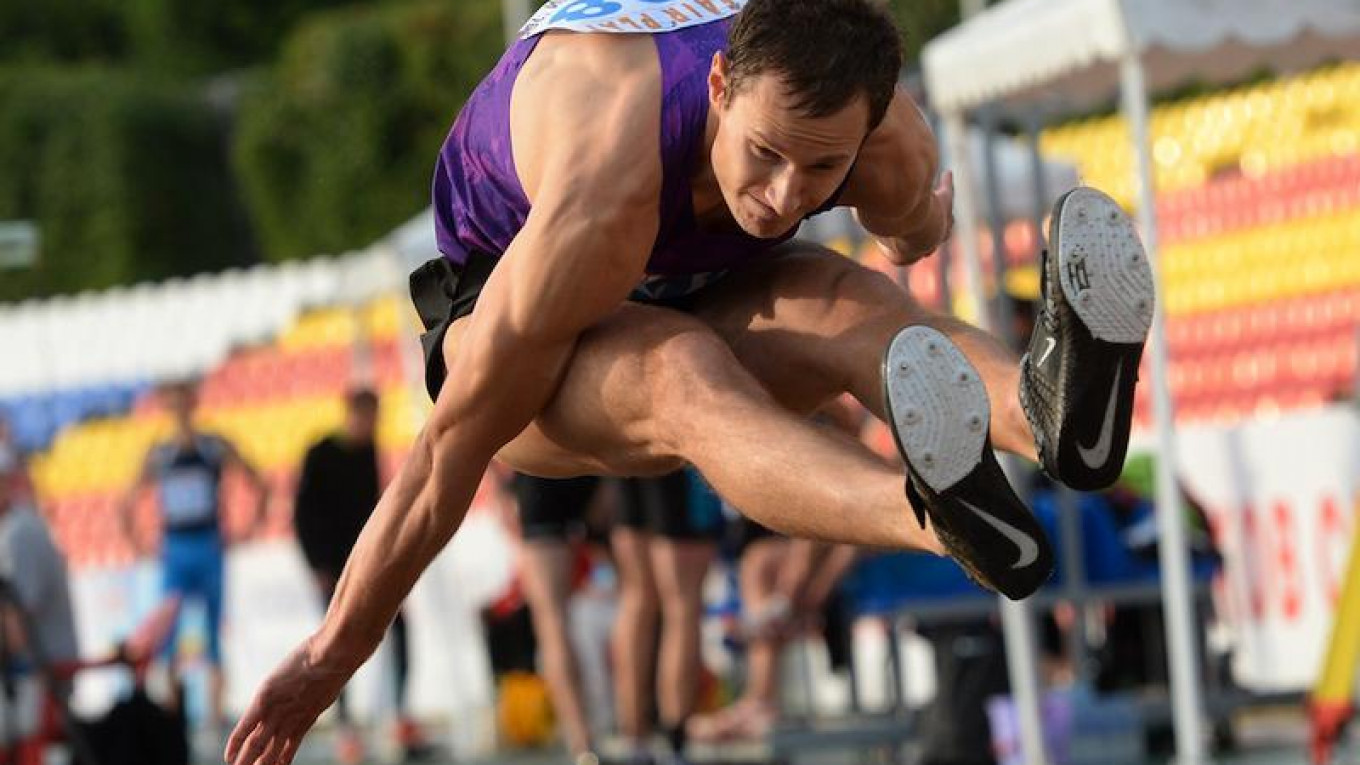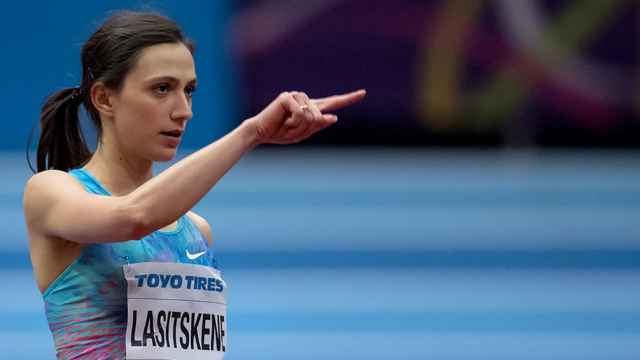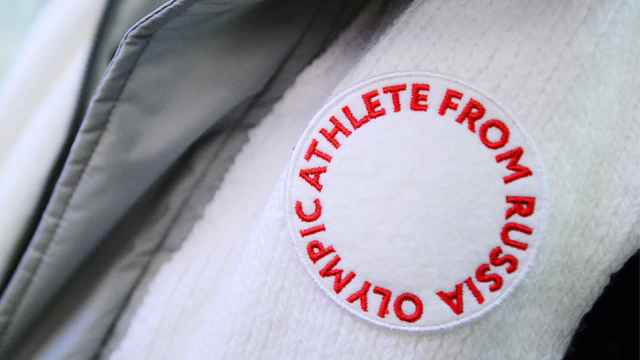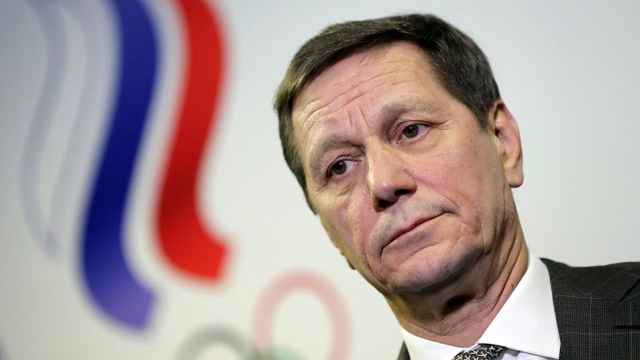When the Olympic Games kick off on Aug. 5, triple jumper Alexei Fyodorov won’t be present. He’ll be in his home town of Smolensk, more than ten thousand kilometers away from Brazil’s Rio de Janeiro.
The Olympic dream runs in Fyodorov’s family. Alexei’s father is also his coach. His mother teaches young athletes.
And yet, during the Games, the television will likely be off. “I don’t think I can handle watching,” says Fyodorov.
Russian officials and the media widely celebrated the International Olympic Committee’s decision on Sunday not to impose a blanket ban on the Russian team. But for track-and-field athletes, it dealt a final blow to their lifelong dream of participating in the Olympics.
The IOC left it up to individual international federations to decide whether or not Russian athletes would be allowed to compete within their disciplines. In the case of Russian athletics, the International Association of Athletics Federations (IAAF) had already made that call in June, when it ruled to uphold a competition ban. With less than two weeks to go until the Olympics kick off, the road to Rio was closed.
First, there was relief.
“When you’re always waiting for something, it becomes difficult to sleep,” 25-year-old Fyodorov says in a conversation over Skype several days after the IOC’s ruling. “But when I heard their decision, poof! I felt an instant wave of tiredness wash over me,” he says.
That night, he slept deeper than he had in months.
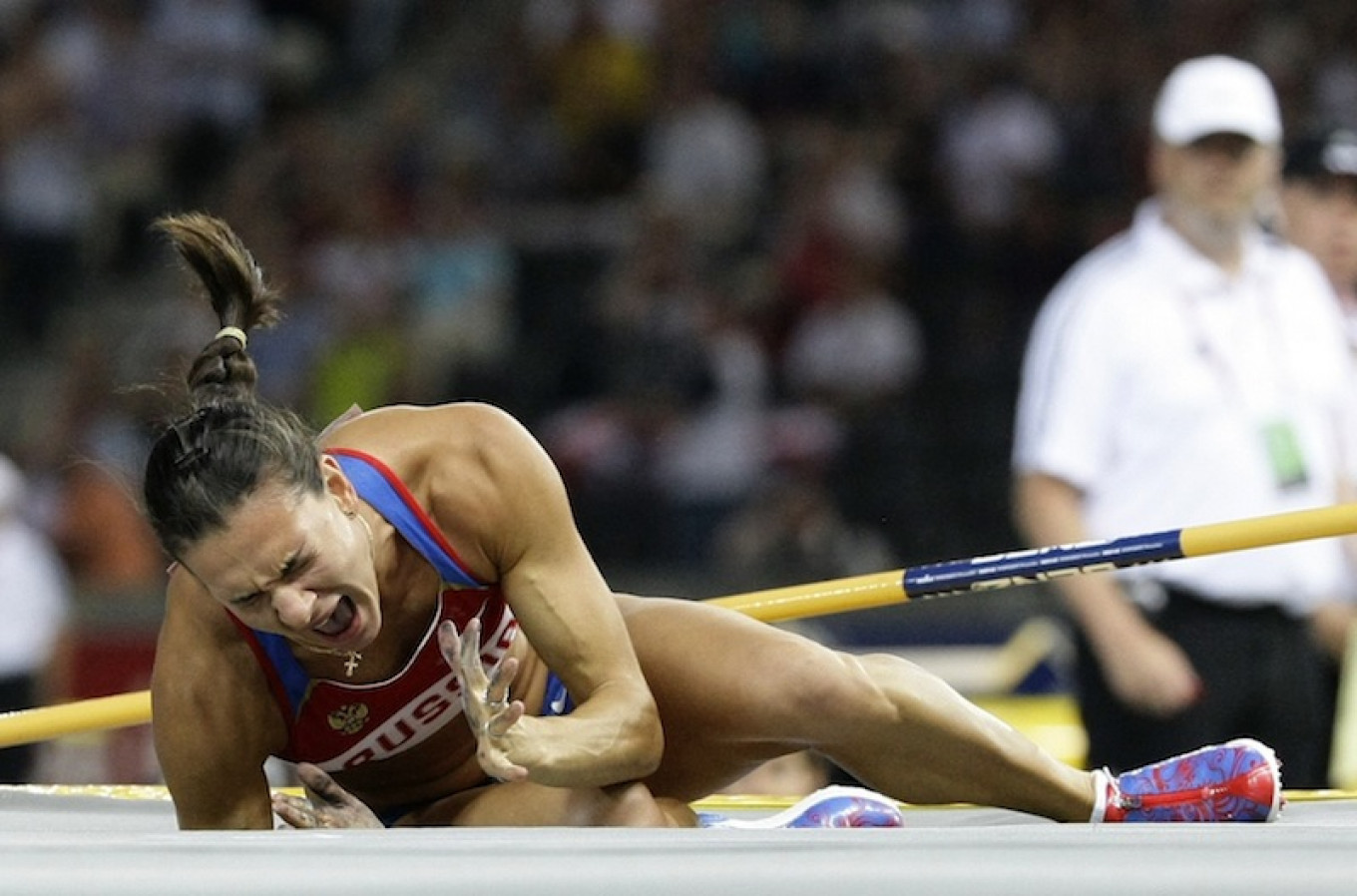
“Thanks for the Funeral”
Ever since Russian track-and-field athletes were banned from competition following damning allegations by the World Anti-Doping Agency (WADA) of an alleged state-sponsored system to cover up widespread doping, their lives have been dominated by one question: Would the ban be lifted in time for the Rio Olympics?
The answer always seemed just one ruling away. First came the IAAF’s decision in June to keep in place the ban first imposed late last year. It left only a narrow window open for athletes who had lived and trained abroad and so could prove they had not been “tainted” by Russia’s alleged doping culture. In practice, it meant that only long jumper Daria Klishina qualified. Other athletes like Fyodorov didn’t stand a chance.
“We should’ve all quickly jumped into a time machine, traveled back to 2014, then moved abroad and spent two years there. Then we would have been allowed to compete,” says Fyodorov, with more than a hint of cynicism.
A collective appeal from Russian athletes at the Lausanne Court of Arbitration for Sport (CAS) to contest the IAAF ban brought little change. On July 21, the court rejected the challenge, crushing the hopes of 67 athletes.
“Thanks for the funeral,” celebrated pole vaulter Yelena Isinbayeva was reported as saying by the state-run TASS news agency.
Meanwhile, athletes’ prospects took a further nosedive with WADA’s latest report. Independent commissioner Richard McLaren confirmed the involvement of top Russian sports officials and said the cover-up had been applied across Russian sport for years. International sports officials were now calling for a blanket ban.
“We understood that it was all going downhill,” says Fyodorov. “You just wondered: when is it going to finally end?”
When it did end, on July 24, with the decision of the IOC, Russian sports officials were visibly relieved at having narrowly avoided an Olympic disaster.
Sports Minister Vitaly Mutko said he was “grateful” for the IOC’s “distinction between collective responsibility and the rights of concrete athletes.” Other than Russia’s weightlifters — which, like track-and-field athletes have been mired in allegations of doping — Mutko said he was “absolutely sure” most of Russia’s Olympic team would qualify.
But the jubilance might have come too soon. In its ruling, the IOC said rules would be extra stringent: No Russian who had ever been handed a doping violation should be allowed to compete, even if they had served their sanction. That rule’s first victim was Yulia Stepanova, the Russian whistleblower who played a key role in uncovering the extent of the doping and then fled to the United States.
More exclusions have followed: Since Sunday, at least 37 Olympic hopefuls have been suspended by their respective federations. That includes seven Russian swimmers, one of whom is Yulia Yefimova, who twice failed a doping test. Yefimova has since vowed to appeal the ban at CAS.
Meanwhile, Russian track-and-field athletes can only watch from the sidelines and sigh: They know what it feels like.
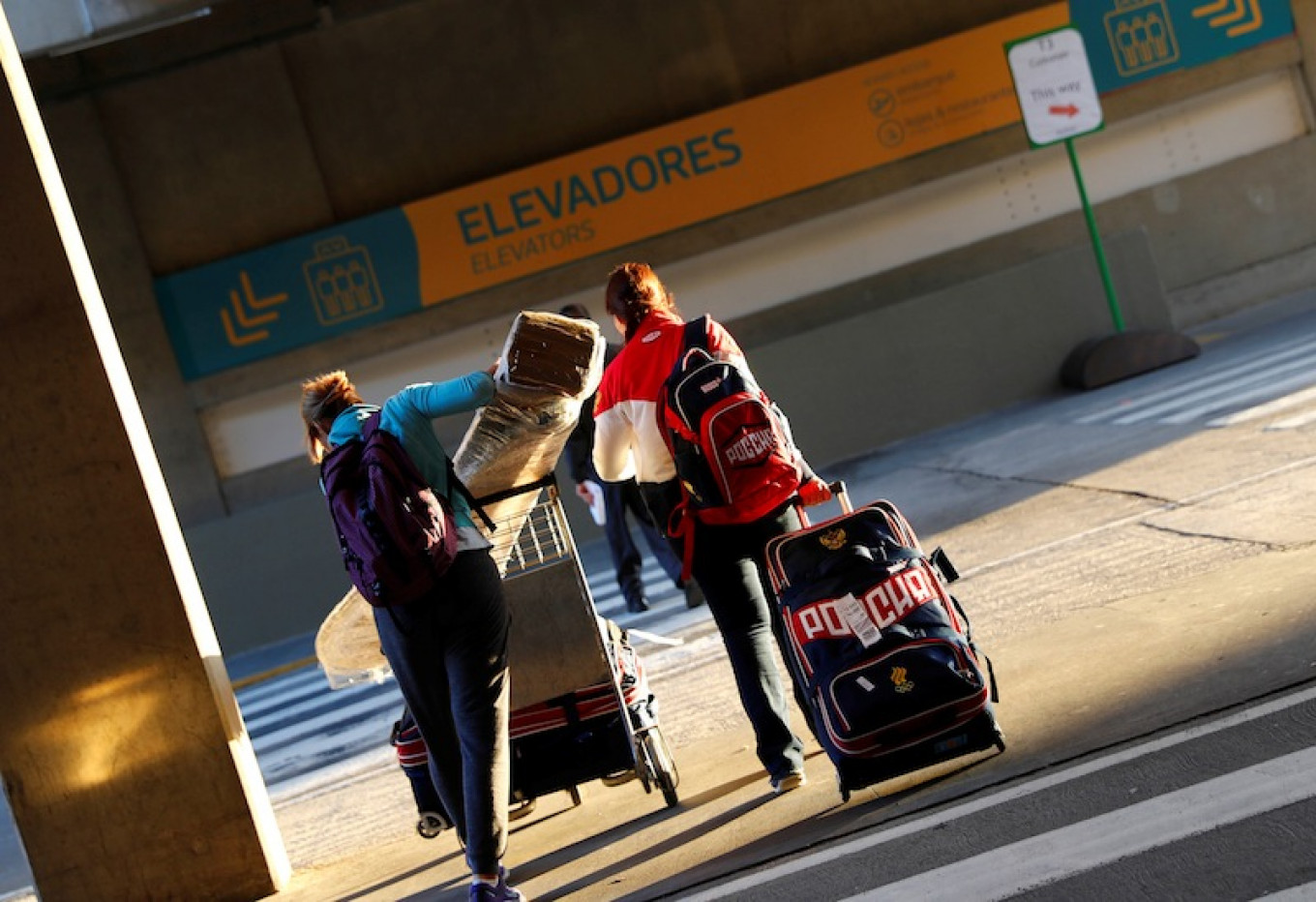
Cracks Appear
A spokesperson for the Russian Athletic Federation (RusAF) said athletes were too upset to comment. “It’s hard enough as it is,” she said. But their despair has trickled through in media reports and on social media.
“I can’t imagine how to continue living,” Yevgeny Trofimov, the coach of two-time Olympic medalist Yelena Isinbayeva told the R-sport website. “Our hopes for the triumph of common sense have been buried.”
The double response — jubilation from officials and despair among athletes— has, for the first time, revealed cracks in the country’s common front of defiance. Athletes are angry, including at their own government.
“Our defense was weak, I would say absent,” said Isinbayeva, who would have been an Olympic medal contender and has until now been unwavering in her patriotism. “No one fought for and defended my rights,” she said on Instagram.
Her trainer later clarified: “She was surprised at the [Russian] leadership’s reaction to the IOC decision. They held up their hands and that’s it,” he told Sports.ru.
In a rare display of public criticism, Fyodorov goes a step further. “Our own leadership, our officials, have really let us down. The blame lies with them,” he said. “It is because of them that this scandal erupted. They didn’t do enough to get us to the Games.”
Fyodorov is also not sure anything is being done to seriously reform sport to give him a shot at resuming his career. Like most Russian athletes, the triple jumper says he never witnessed any doping practices. He has a clean record. But the endless reports and allegations of the past months, including detailed allegations of the involvement of Russia’s Sports Ministry, have made him question his assumptions about his country. “Where there is smoke, there is fire,” he says.
His distrust doesn’t only extend to Russian officials. The IAAF used to be “something higher, something holy,” to him, he says. But he no longer knows whether athletics officials are on his side. The same applies to WADA. Lately he’s been unable to shake a feeling of fear, bordering on paranoia, that something could happen with samples taken from him which are now in the agency’s custody.
“It’s as if there’s an inquisition going on, not to help honest athletes but, above all, to castigate dirty ones,” he says. “If they can punish me now, even though I’ve never violated doping rules, could they also try to punish me by taking my sample and tampering with it? I just can’t shake this feeling of fear that someone could set me up,” he says, the concern visible on his face. “I am just a pawn and they could break my fate just like that.”
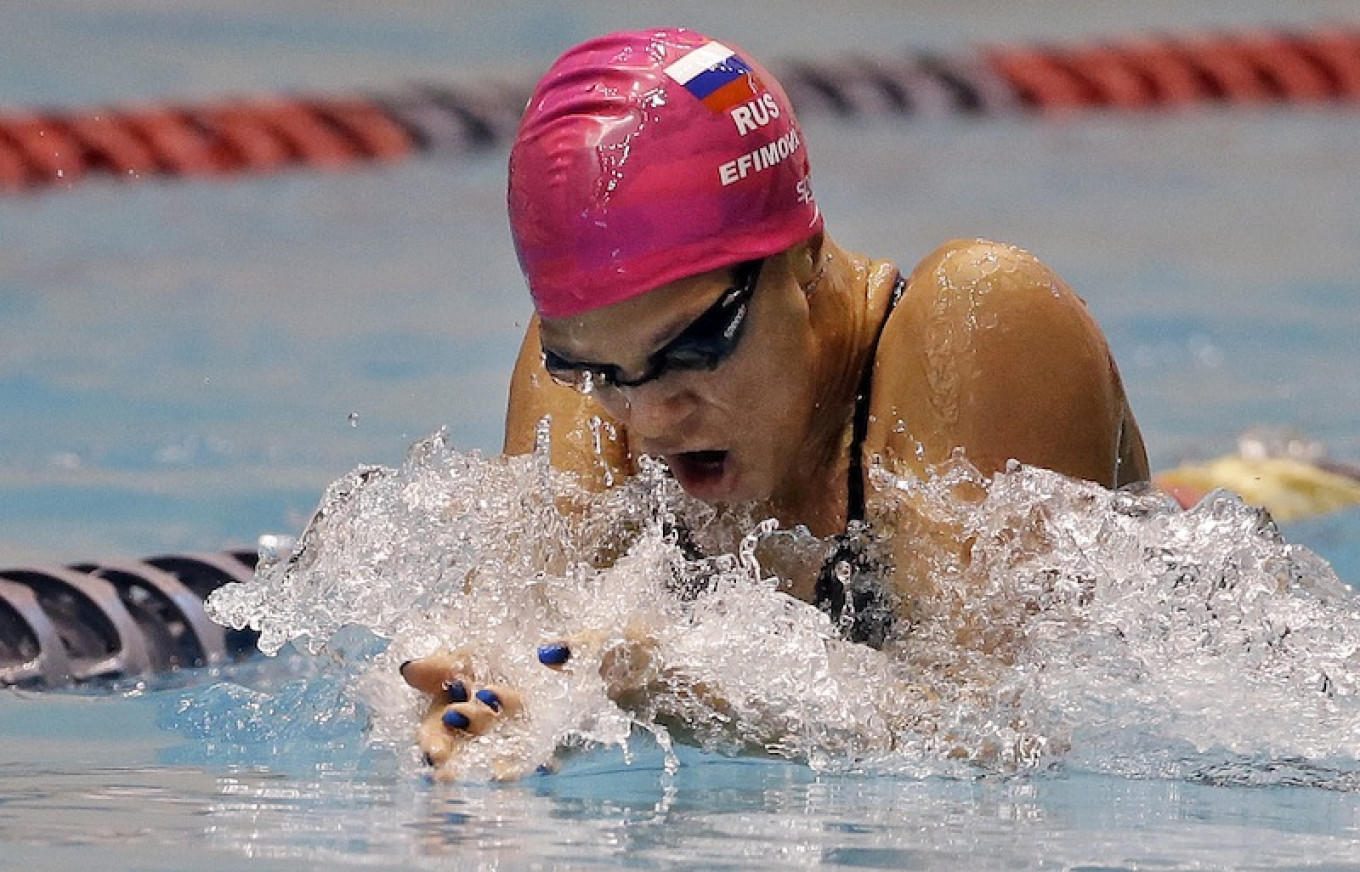
Fighting Spirit
RusAF has organized a tournament at a central Moscow stadium for those left behind. The defiantly named “Stars of 2016” tournament starts on July 28. Most of Russia’s track-and-field team will attend — if only to distract themselves from the harsh reality.
“Training has become my panacea,” says Fyodorov. Following the IOC’s decision, there was a moment of silence at home. Then, he says, his father, and coach, looked him in the eyes and said in a clear, determined voice: “Our work is going to continue.”
Even without the Olympics, there are many international tournaments to train for. And when the moment comes that Russian athletes will be allowed back on the track, he wants to be ready.
He is scared of what he will find, fearing Russian athletes won’t be able to shake off the shroud of suspicion even if the IAAF’s ban is lifted. “I imagine that moment when I finally step out onto the field,” he says. “And I really fear that people will start hissing and yelling unpleasant things from the tribunes, just because of the colors of my flag.”
It is at moments like those that he draws inspiration from his city, he says. Smolensk suffered huge losses during several wars, including World War II, but its residents pride themselves on their resilience.
“An unbending spirit will overcome anything,” he says, reciting the city’s motto. Even, his eyes seem to say, the largest doping scandal in history.
A Message from The Moscow Times:
Dear readers,
We are facing unprecedented challenges. Russia's Prosecutor General's Office has designated The Moscow Times as an "undesirable" organization, criminalizing our work and putting our staff at risk of prosecution. This follows our earlier unjust labeling as a "foreign agent."
These actions are direct attempts to silence independent journalism in Russia. The authorities claim our work "discredits the decisions of the Russian leadership." We see things differently: we strive to provide accurate, unbiased reporting on Russia.
We, the journalists of The Moscow Times, refuse to be silenced. But to continue our work, we need your help.
Your support, no matter how small, makes a world of difference. If you can, please support us monthly starting from just $2. It's quick to set up, and every contribution makes a significant impact.
By supporting The Moscow Times, you're defending open, independent journalism in the face of repression. Thank you for standing with us.
Remind me later.


